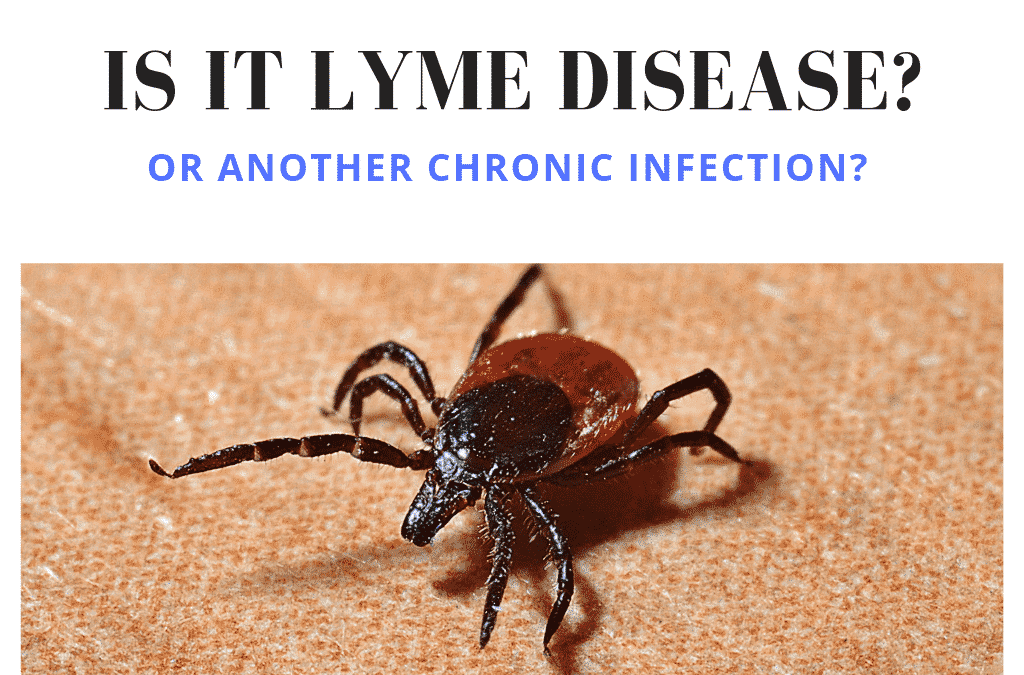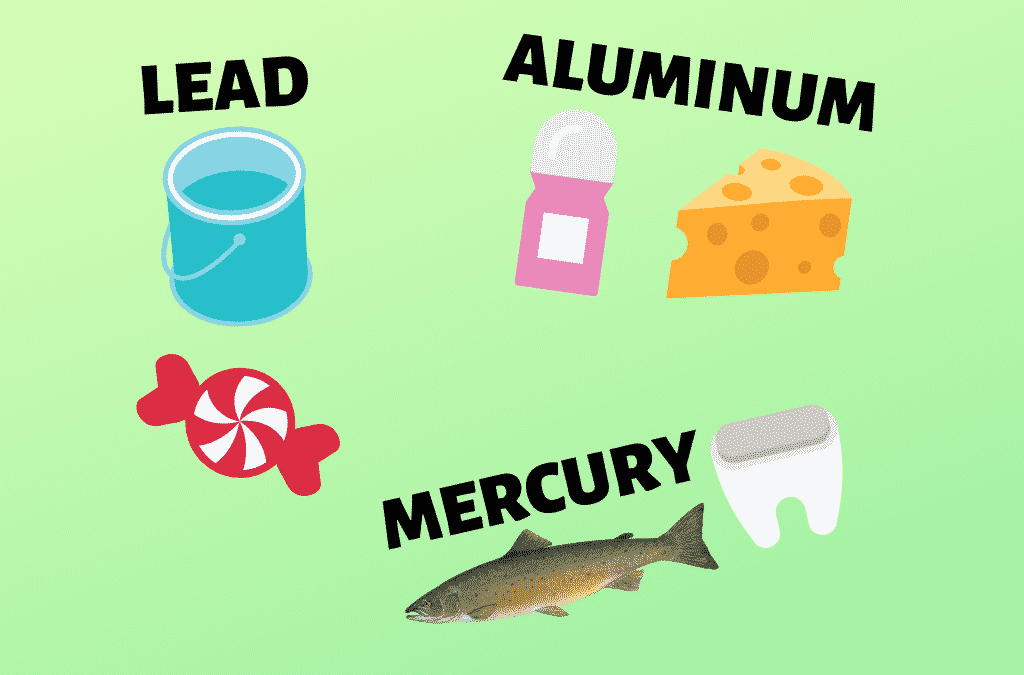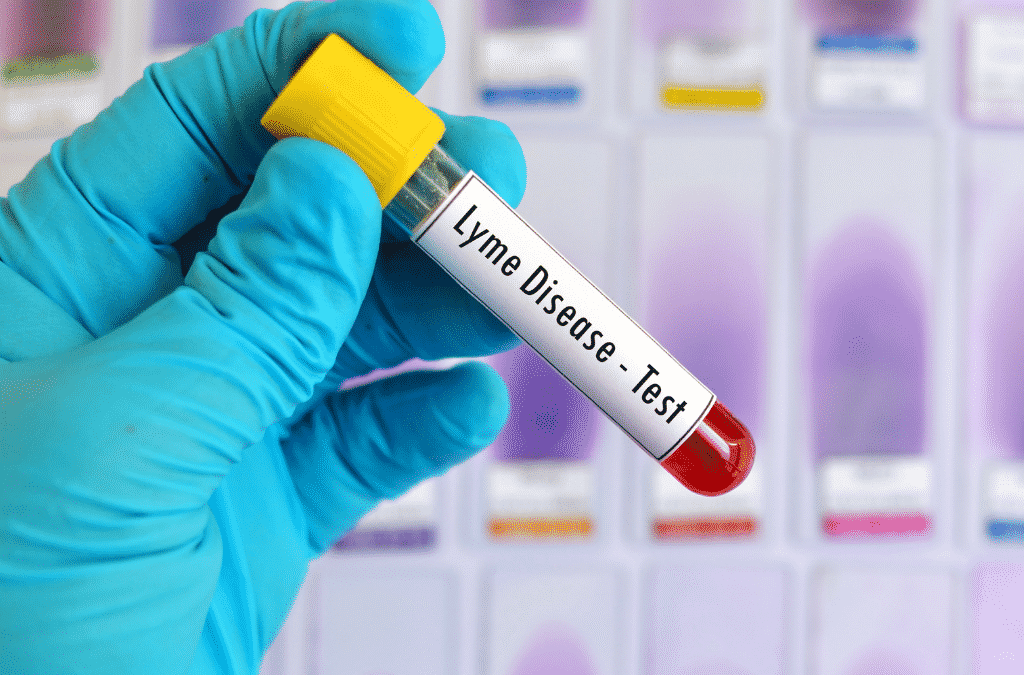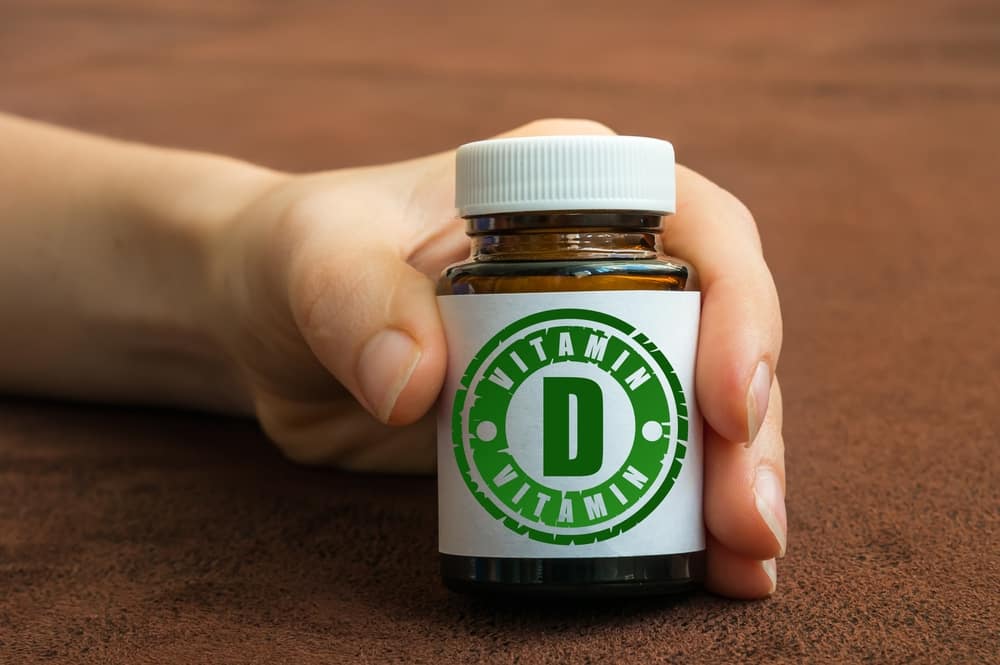November 27, 2019
I recently was speaking with a holistic practitioner about vitamin D. His opinion is that more is better. He told me what his recent levels were. WOW—were they HIGH! As an aside, this man did not look healthy. (But one can’t assume this was because of too much vitamin D—it was just an observation.)
As he was speaking, I was thinking about why it is so important to stay current in the world of nutrition. Yes, vitamin D is now accepted to have a whole host of benefits–from normalizing immune system function, enhancing bone health, to preventing cancer and alleviating fatigue and depression—but is more always better?
You see, it is not safe to assume this.
Recent research is revealing that too much vitamin can be harmful.
So, here’s what we’re learning about vitamin D:
- If your levels are good, more is not necessarily going to help you.
- If your levels are good, taking more supplemental vitamin D may actually harm you.
- The high end of the range for Vitamin D is too high.
- If your levels are low, YES! Increasing your levels will help you!
- If you have an autoimmune disease, you need to aim for higher levels of vitamin D.
- Darker-skinned people may convert vitamin D to the active form more efficiently, so lower blood levels may be perfectly healthy.
- Getting vitamin D from sun exposure is more effective than supplementation.
What’s the bottom line here?
Don’t just assume you need vitamin D. Get tested!
Click here to read up on all the great benefits of vitamin D.
Sincerely yours,
Laura Sheehan
Related Articles
Leaky Gut Syndrome
Could you be suffering from Leaky Gut Syndrome? Many people have leaky gut syndrome and it leads to all kinds of other health problems. As a consequence, we see that most people suffering with gastrointestinal problems such as abdominal bloating, excessive gas and...
Stress: Adrenal Fatigue
Could You Be Suffering From Stress and Adrenal Fatigue? "Stress is an ignorant state. It believes that everything is an emergency." -Natalie Goldberg Do you wake up in the morning feeling tired? Does your boost of energy dwindle as the afternoon approaches; causing...
Natural help for Type 2 Diabetes
Do you, or a loved one either have type 2 diabetes or have what is called Pre-Diabetes, AKA Syndrome X? I have a lot of patients coming in with these two disorders, so before I talked about it, I decided to look into exactly what the American Diabetes Association is...
Natural Approach to Rheumatoid Arthritis
There is a Natural Approach to Rheumatoid Arthritis. Read on to compare the conventional medical and natural approaches to rheumatoid arthritis. (Demographics for this article and statistics about rheumatoid arthritis for this article are taken from...
Menopause, Hormones, and Osteoporosis
After practicing Nutritional Response Testing and Functional Medicine for the past 23 years, I have found a hierarchy of things that cause, or contribute to symptoms of menopause, hormonal dysregulation, and osteoporosis. I use Nutrition Response Testing and...

Dr. Sheehan Answers the Question, “What’s the Best Exercise?”
Binky is getting his exercise out on the trail! One of the most common questions I get is “what is the best exercise? The short answer is “the one that you are going to do.” Here are a couple of questions to ask yourself one embarking on an exercise program. When...

Lyme Disease and Other Chronic Infections
Last Entry in the Lyme Disease Series-- Nagging stomach pain was the main reason Andrea came in to see me two years ago. She had been working on the issue with a Nutrition Response Testing practitioner in another state before she moved to Lancaster. She stated she had...

Lyme Disease and Heavy Metal Toxicity
Hello Everyone - When Jess came to see me two years ago, she was stressed, anxious, frustrated, scared, and in pain—lots of pain. She had already been to see one Lyme disease specialist medical doctor, and one alternative functional medicine doctor. She had been...

Lyme Disease and Nutritional Deficiencies
Let’s take a look at common symptoms of Lyme Disease side by side with different nutrient deficiencies: Chronic Lyme Disease Symptoms Water Deficiency (Dehydration)1,2 Vitamin D Deficiency3 Magnesium Deficiency4 B Vitamin Deficiency5 Fatigue Fatigue Fatigue Fatigue,...

Immune System Protocol
I'm reposting this Immune System Protocol from the Wellness Library because it's so timely! By Dr. Keith Sheehan Lately, lots of patients have been asking me, “what do I take when I’m sick?” The correct answer, of course is “we test you, then tell you what your body...

